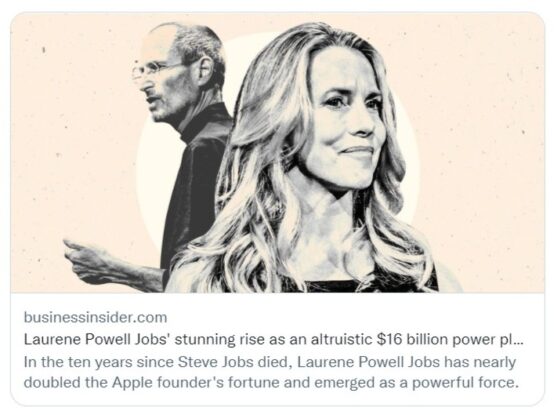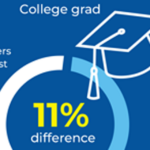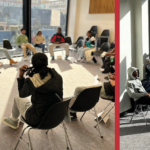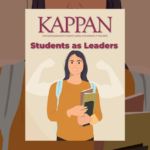The story that Laurene Powell Jobs’ Emerson Collective defunded Chalkbeat over negative coverage lacks sufficient reporting to be convincing.
By Alexander Russo
Last week, Business Insider published a big profile of the Emerson Collective’s Laurene Powell Jobs, chronicling philanthropic efforts that include investing in and funding of a number of media outlets like The Atlantic and ProPublica.
Along the way, some of those newsrooms have lost funding. Among them was Chalkbeat, a network of nonprofit news sites covering Chicago, New York, and several other regions.
That’s the focus of the Business Insider feature: how Powell Jobs and Emerson cut funding for Chalkbeat in reaction to critical coverage of its star education initiative, the XQ project to reinvent American high schools.
“For the first few years, Chalkbeat and Laurene Powell Jobs looked like the perfect match,” opens the story written by Becky Peterson. However, critical coverage in 2019 allegedly led Emerson to cut Chalkbeat off – a move Peterson describes as “a surprising display of institutional pettiness.”
This narrative was immediately popular among critics of philanthropy-funded journalism and fans and allies of Chalkbeat’s work (including some Chalkbeat journalists).
But what really happened?
On its surface, the story seems plausible, given the well-known ways of wealthy and powerful organizations and individuals. Chalkbeat did publish critical coverage, and it’s no longer funded by Emerson.
However, the connection between the two events is thinly reported, and the timeline doesn’t quite line up the way it should.
*Disclosure: The Grade is foundation funded but doesn’t receive support from Emerson. You can see our full list of past and present funders here.
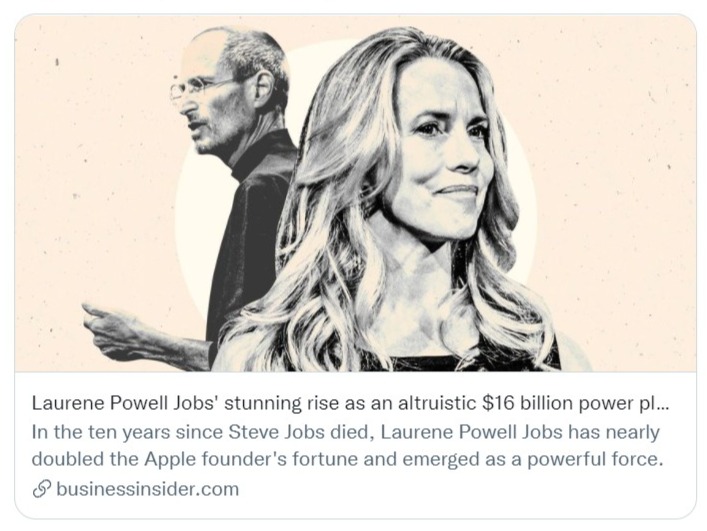
Above: Inside Laurene Powell Jobs’ Rise As a $16 Billion Power Player in Media and Politics.
Some parts of the Peterson’s narrative are undisputed.
Everybody seems to agree that Chalkbeat was funded by Emerson between 2015 and 2021 and is no longer supported.
Chalkbeat got its first funding in 2015 — a two-year grant. By 2021, Chalkbeat would have received $1.6 million. Chalkbeat and the Emerson Collective confirm those numbers and dates.
It’s not at all hard to imagine Emerson being extremely irked by some of Chalkbeat’s coverage of XQ.
One of its reporters, Matt Barnum, wrote at least three pieces about XQ in 2019: Laurene Powell Jobs has given millions to reinvent the American high school. Is it working?, 3 things to know about XQ, the group set to help NYC create new schools, and How sometimes-overhyped claims about the future of work drive XQ.
And Emerson and Chalkbeat don’t specifically deny coverage conflicts in their statements:
“Emerson Collective made a big bet on Chalkbeat’s model early on, and during the many years they supported our education reporting, they were a generous donor,” according to Chalkbeat co-founder Elizabeth Green.
“Emerson Collective is proud to have been an early and longtime supporter of Chalkbeat,” reads the Emerson statement. “We look forward to watching their continued growth.”
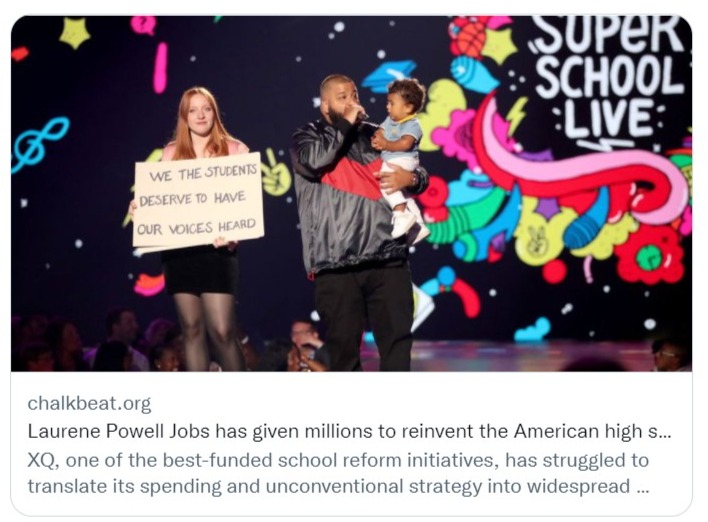
Above: Laurene Powell Jobs has given millions to reinvent the American high school. Is it working?
In other areas, the precise truth of things is harder to determine.
Peterson’s claim that Emerson cut Chalkbeat off because of negative coverage is backed up by only one source: an unnamed former employee who “partly” attributes the decision to Chalkbeat’s coverage.
An email that is said to support this connection hasn’t been seen by anyone other than the reporter citing it — and won’t be anytime soon. Asked whether she would produce the email, redacted in any way she deemed necessary, Peterson declined.
Finally, it’s not entirely clear if the timeline matches up the way that you’d think it would. Barnum’s critical coverage of XQ goes back at least to September 2017, when he wrote XQ is taking over TV to make the case that high school hasn’t changed in 100 years. But is that true?.
Yet Emerson renewed Chalkbeat in 2017, according to information provided by the organization, and funded them until May 2021 — 18 months (including a new grant) after the offending stories were published.
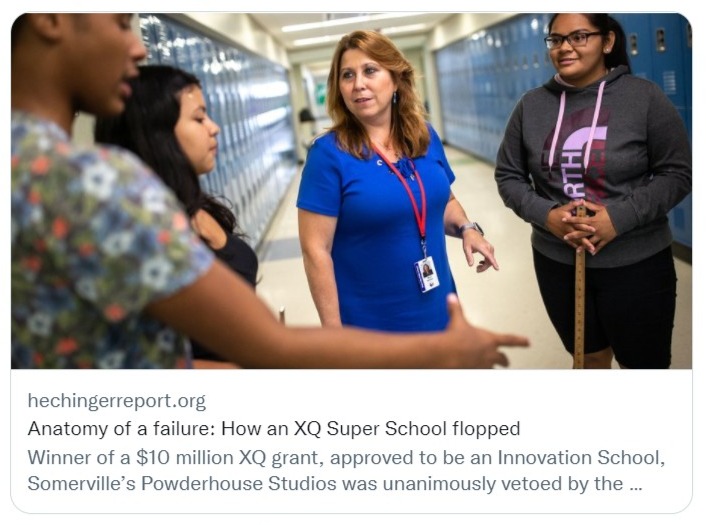
Above: Anatomy of a failure: How an XQ Super School flopped.
Editorial independence in foundation-funded newsrooms is an ongoing issue in journalism writ large. And the education beat may be more dependent on private money than any other sector.
But there are several other plausible reasons that Emerson could have decided to wind down funding for Chalkbeat. And there’s no evidence Chalkbeat has been crippled by the loss of Emerson funding.
Chalkbeat is also far from the only organization that has gained and then lost support from Emerson over the years. In 2019, the Hechinger Report published Anatomy of a failure: How an XQ Super School flopped, which raises questions about how efforts at innovation can get chewed up by local politics.
The nonprofit no longer receives funding from Emerson but, according to executive editor Sarah Garland, Emerson “never expressed any concerns about coverage.”
Previously from Alexander Russo
Will the XQ “Super Schools” Live Up to Their Name?
Chalkbeat adds a new focus on storytelling to its ongoing expansion
What’s next for The Atlantic’s education coverage?
Saying goodbye to The Atlantic’s once-great education section
ABOUT THE AUTHOR

Alexander Russo
Alexander Russo is founder and editor of The Grade, an award-winning effort to help improve media coverage of education issues. He’s also a Spencer Education Journalism Fellowship winner and a book author. You can reach him at @alexanderrusso.
Visit their website at: https://the-grade.org/

